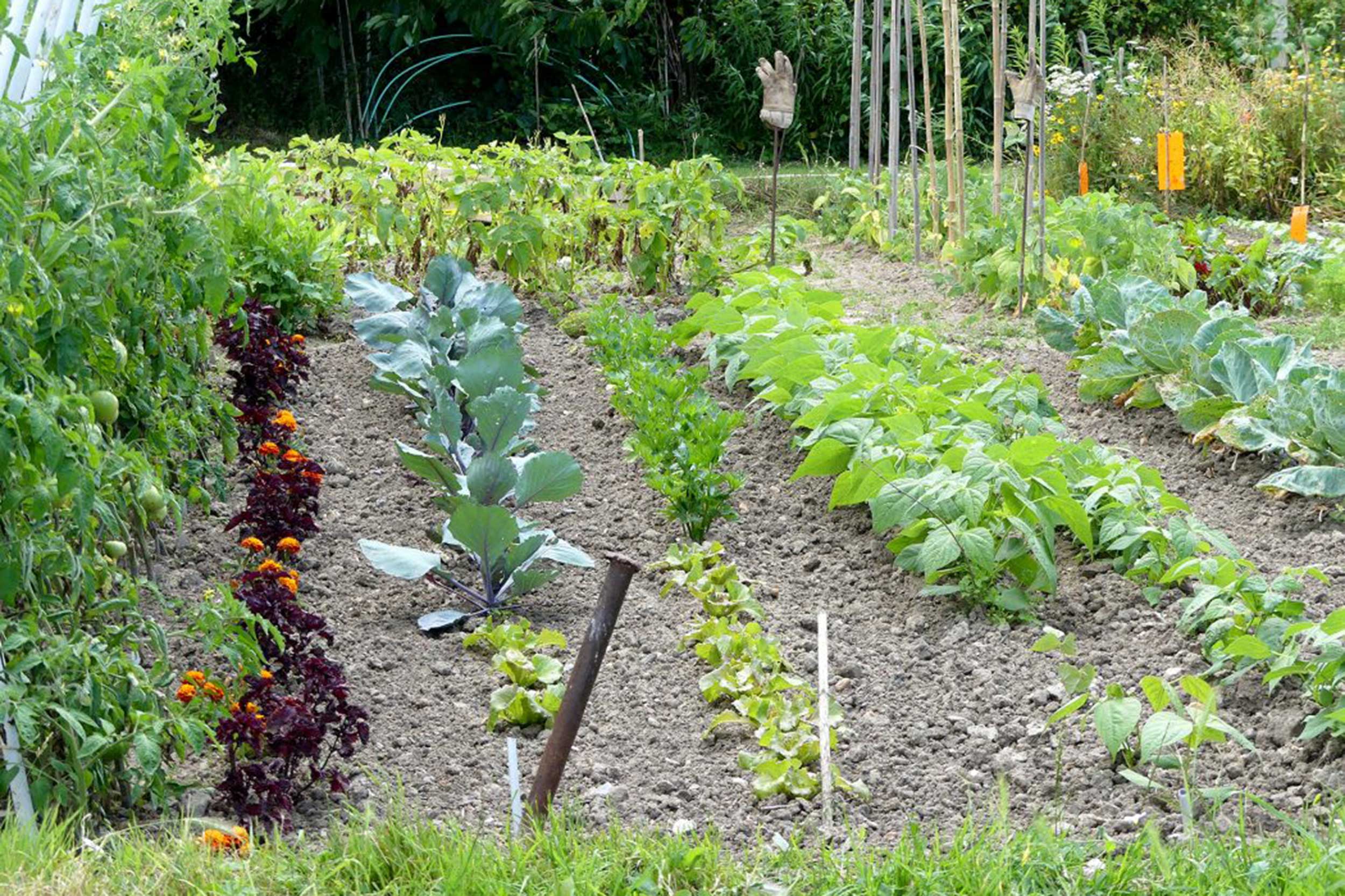Sunflowers (genus Helianthus) are a popular choice for gardeners due to their vibrant appearance and versatility. Although native to North America, sunflowers thrive in many climates, including the UK’s temperate conditions. With numerous varieties available, each offering distinct characteristics, sunflowers can be grown for ornamental purposes, wildlife attraction, or practical uses like seed production. Below, we explore the main types of sunflowers that can flourish in the UK.
Giant Sunflowers
Giant sunflowers are among the most iconic types, known for their towering heights and large blooms. Varieties like Helianthus annuus ‘Mammoth’ can grow up to 3 meters tall, making them a striking feature in any garden. These sunflowers are perfect for creating a dramatic backdrop or a living fence. They thrive in sunny, sheltered locations and well-drained soil. While their primary appeal is ornamental, their seeds are also edible, providing a nutritious treat for both humans and birds.
Dwarf Sunflowers
Dwarf sunflowers are a great option for gardeners with limited space or for those growing plants in containers. Varieties like Helianthus annuus ‘Sunspot’ and ‘Teddy Bear’ typically reach heights of 30–60 cm. Their compact size makes them ideal for patios, balconies, or borders. Despite their smaller stature, these sunflowers are just as vibrant and eye-catching as their taller counterparts. ‘Teddy Bear,’ in particular, is known for its fluffy, double-petaled blooms that add texture and charm to gardens.
Multi-Headed Sunflowers
For a long-lasting display, multi-headed sunflowers are an excellent choice. These varieties produce several blooms on a single plant, extending their flowering season. Helianthus annuus ‘Italian White’ and ‘Velvet Queen’ are popular examples. ‘Italian White’ offers creamy, pale-yellow flowers that exude elegance, while ‘Velvet Queen’ boasts deep burgundy petals for a more dramatic effect. These sunflowers are versatile, working well in wildlife gardens or as cut flowers.
 Pollinator-Friendly Sunflowers
Pollinator-Friendly Sunflowers
Many sunflower varieties are particularly attractive to bees, butterflies, and other pollinators. Helianthus annuus ‘Lemon Queen’ is a standout option, with its soft yellow petals and long-lasting blooms. This variety not only adds beauty to the garden but also supports biodiversity by providing nectar and pollen. Planting pollinator-friendly sunflowers helps sustain local ecosystems and ensures a vibrant garden buzzing with life.
Perennial Sunflowers
Unlike annual sunflowers that complete their life cycle in a single year, perennial sunflowers return year after year. Helianthus maximiliani (Maximilian sunflower) and Helianthus multiflorus (Many-Flowered sunflower) are examples well-suited to UK gardens. Perennial sunflowers tend to have smaller blooms compared to annual types, but their ability to rebloom each year makes them a low-maintenance choice. These varieties are ideal for naturalistic planting schemes or wildflower meadows.
Ornamental Sunflowers
For gardeners looking to make a bold statement, ornamental sunflowers come in an array of colors and forms beyond the traditional yellow. Varieties like Helianthus annuus ‘Earthwalker’ and ‘Autumn Beauty’ offer a mix of rich red, orange, and bronze hues. These sunflowers bring warmth and diversity to gardens, particularly in late summer and autumn. Their unusual colors make them a favorite for floral arrangements and decorative displays.
Seed-Production Sunflowers
Some sunflowers are cultivated specifically for their seeds, which can be used for snacking or as bird feed. Helianthus annuus ‘Black Oil’ is a popular variety for seed production. These sunflowers produce large, dark seeds with a high oil content, making them a valuable resource for wildlife and human consumption. They require plenty of sunlight and space to grow, but their yield is worth the effort.
Tips for Growing Sunflowers in the UK
While sunflowers are generally hardy, growing them successfully in the UK requires attention to certain factors:
- Soil: Sunflowers prefer well-drained soil rich in organic matter. Adding compost or manure before planting can boost growth.
- Sunlight: As their name suggests, sunflowers thrive in full sun. A minimum of six hours of direct sunlight daily is essential.
- Protection: Tall varieties may need staking to withstand strong winds, especially in exposed gardens.
- Watering: Regular watering is crucial, particularly during dry spells, but avoid overwatering, as sunflowers dislike waterlogged conditions.
Conclusion
The variety of sunflowers available means there is a type to suit every garden and purpose. Whether you want towering giants, compact blooms for containers, or vibrant colors to attract pollinators, sunflowers can thrive in the UK’s climate with proper care. Their versatility, beauty, and ecological benefits make them a rewarding addition to any garden. By selecting the right type and providing the ideal growing conditions, you can enjoy these cheerful plants throughout the summer and beyond.


 Pollinator-Friendly Sunflowers
Pollinator-Friendly Sunflowers



